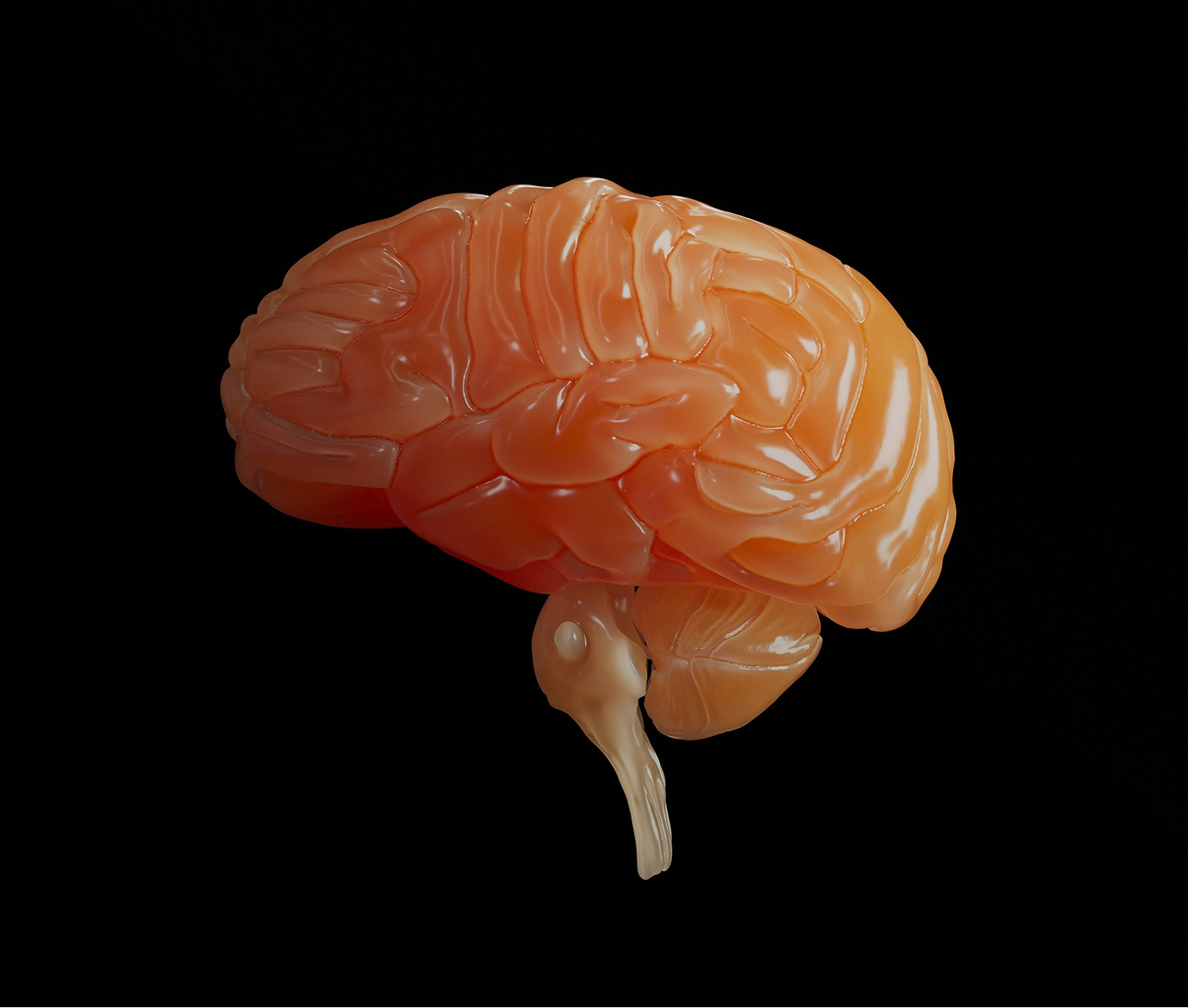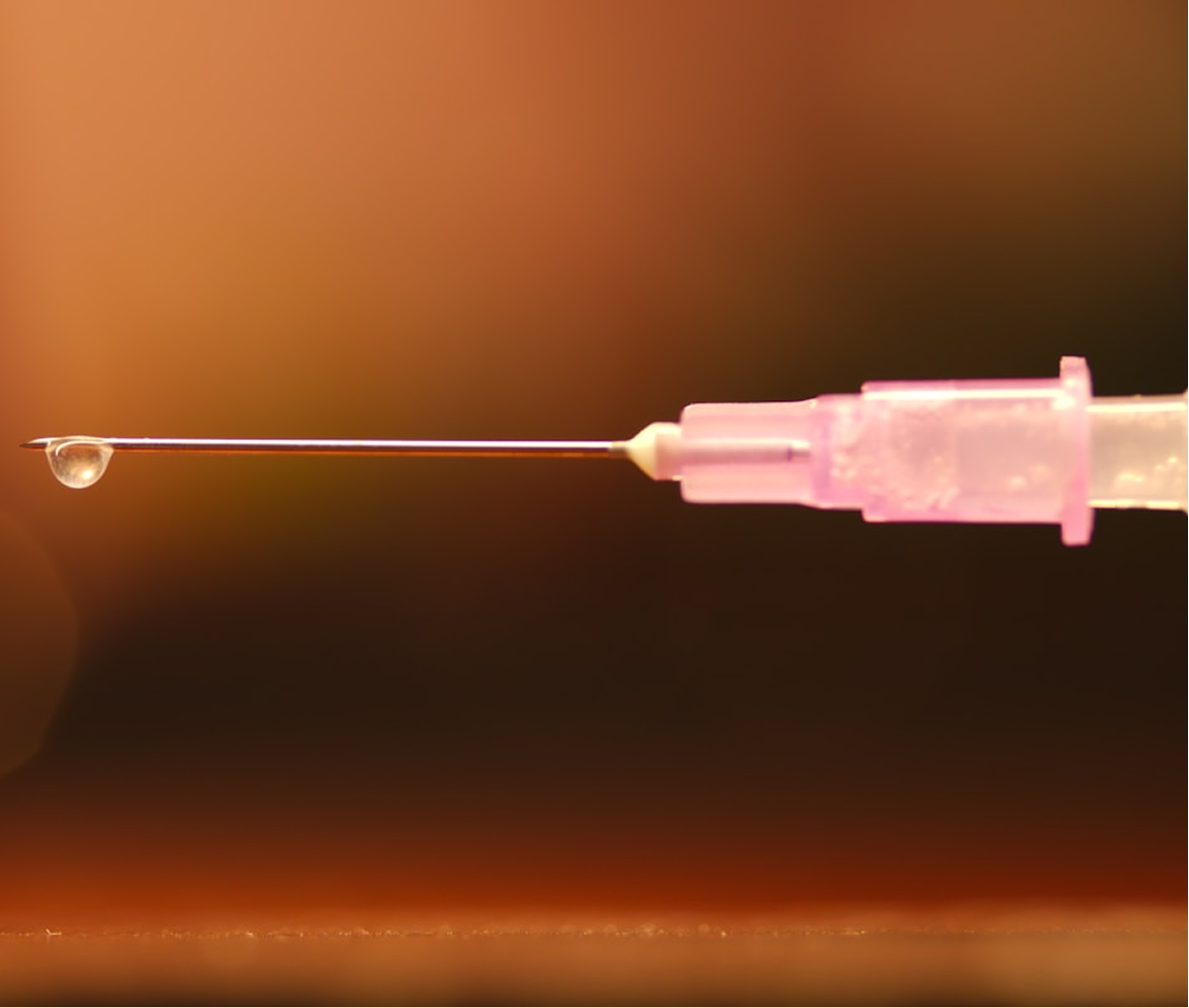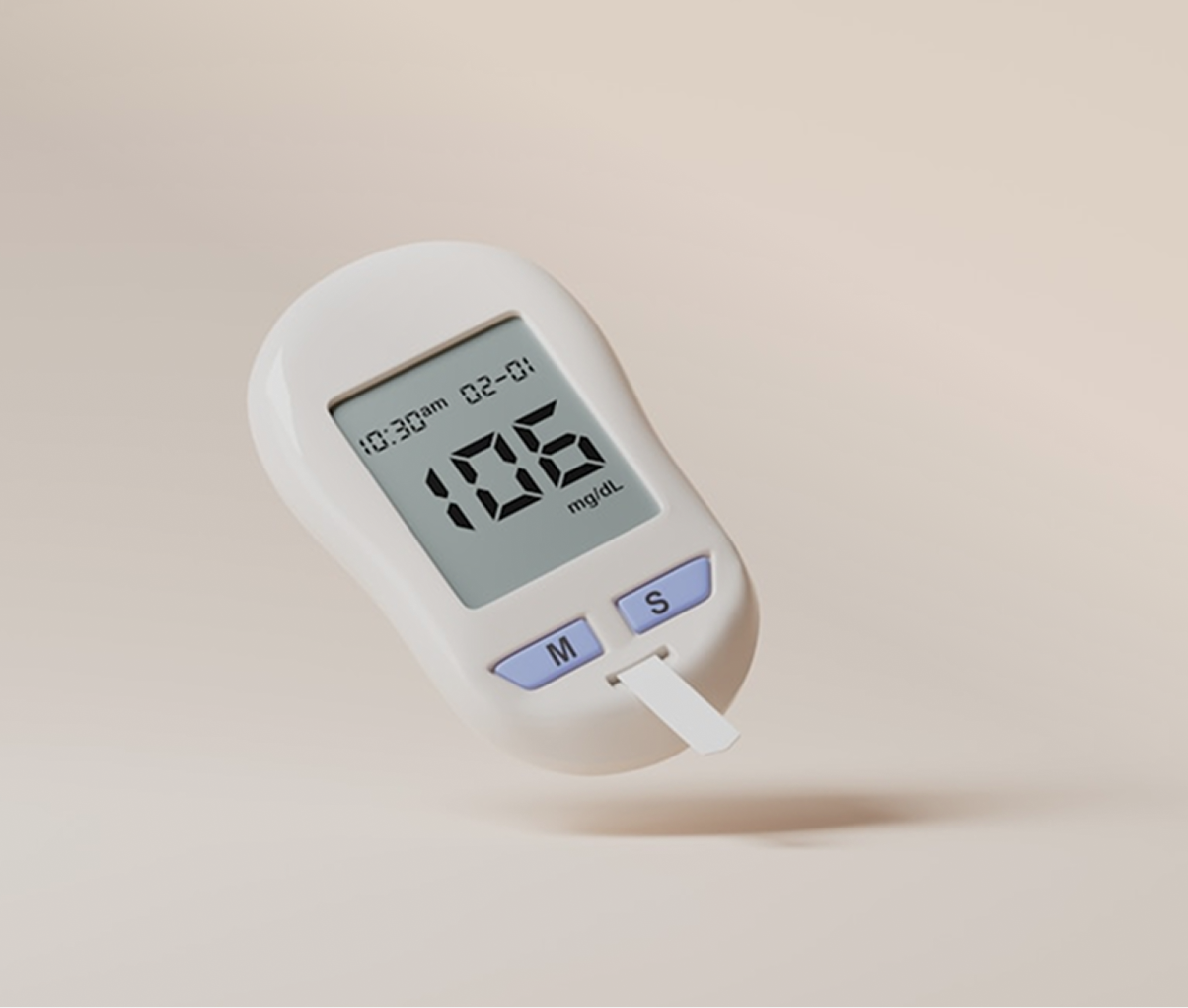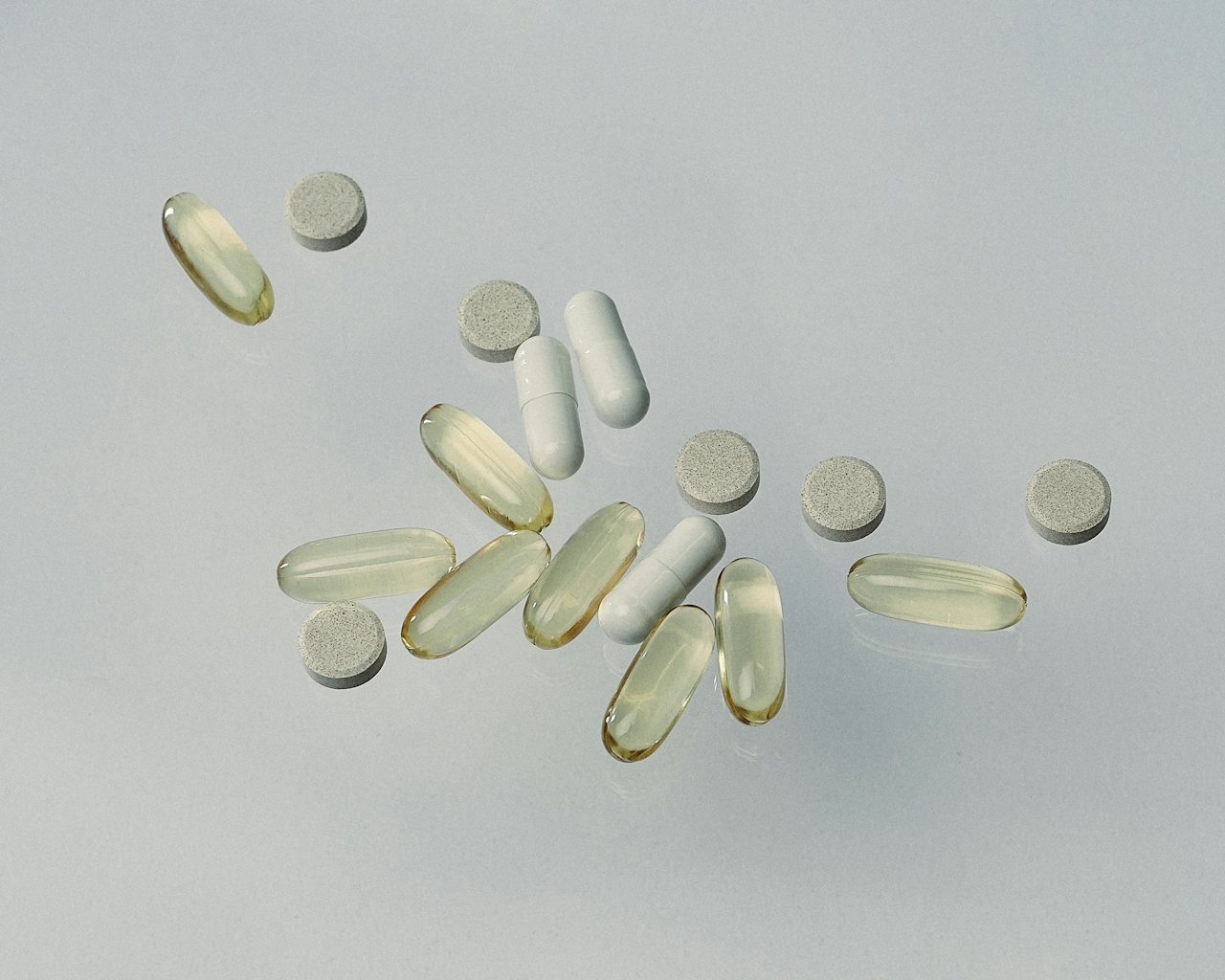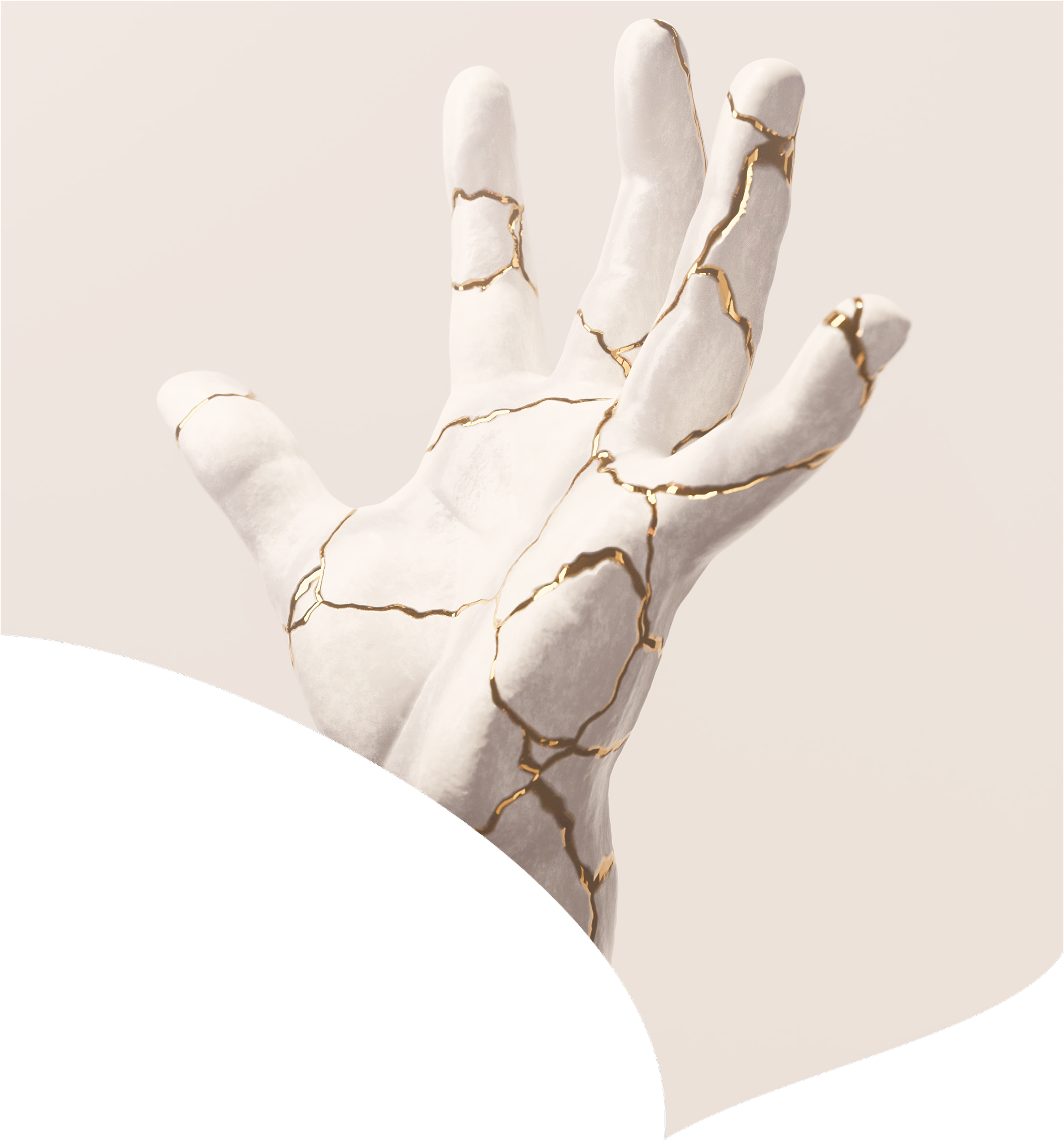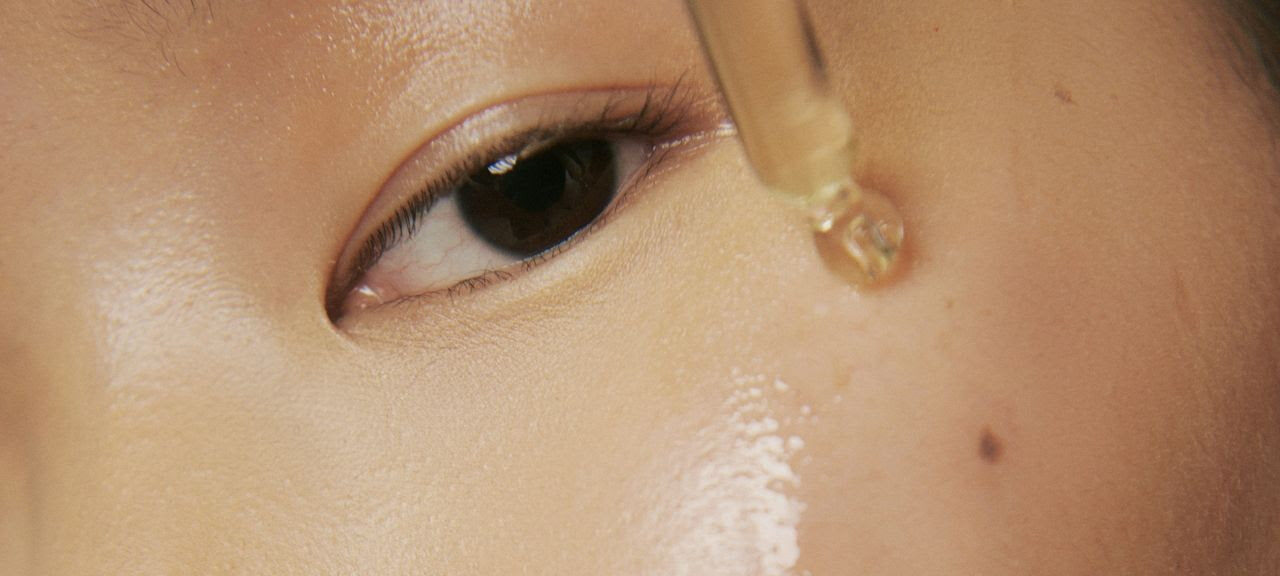
Aging is, at its core, a breakdown in communication. As we get older, the cellular signals that drive repair, balance, and growth get fuzzy. Systems slow. Healing stalls. Everything—immune response, hormone balance, tissue regeneration—operates a little less efficiently.
Peptides offer a way to restore the signal.
Unlike large, rigid proteins, peptides are short chains of amino acids that can chemically rearrange themselves and deliver very specific messages to the body. That’s where their power lies: in precise, programmable influence.
They don’t override biology. They tune it. They remind your cells how to do things they already know how to do, but may have forgotten or gotten sluggish about due to aging, stress, or damage.
When you use peptides therapeutically, you’re often just supplementing what your body would be making if it were younger, healthier, or less stressed.
This is why many consider them one of the most promising tools in regenerative and functional medicine today. Scientists have identified over7,000 naturally occurring peptides in the human body. With more than 800 peptide drugs in clinical development and nearly 200 already approved, the global peptide therapeutics market is expected to hit almost $70 billion by 2028.
And for good reason.
What Are Peptides?
Insulin, discovered over a century ago, is a peptide—and still one of the most widely used medicines in the world. Most people haven’t heard the word “peptide,” but they’ve heard of insulin. That’s how foundational these molecules are.
Peptides are short chains of amino acids—like mini proteins. They occur naturally in the body, acting as signaling molecules that help regulate systems like immunity, metabolism, cognition, and tissue repair. Once those chains get longer and more complex, we call them proteins.
Each peptide targets specific systems—immune, endocrine, musculoskeletal, neurological. When levels decline due to age, stress, or illness, biological function suffers. But when strategically replenished, these messengers can help the body restore what it’s lost—or never optimized in the first place.
Therapeutic peptides are either identical to those the body naturally produces or slightly modified to improve stability, absorption, or half-life. In either case, the goal is the same: to restore function by reinforcing the body’s natural signaling systems—more precisely, and often with fewer side effects than traditional drugs.
As many blockbuster drugs lose patent protection and innovation slows in traditional pipelines, pharmaceutical companies are turning back to peptides. They’re smaller than antibodies, more bioavailable, capable of reaching intracellular targets, and less likely to trigger immune reactions. They also don’t require the complex—and expensive—manufacturing that antibodies do.
What Are Peptides Used For?
Peptides are some of the most versatile tools in medicine today. Depending on the molecule, they can act like hormones, neurotransmitters, growth factors, or immune modulators. Which means they’re being used for everything from post-op healing to age reversal protocols.
Here are some of the most common (and emerging) applications.
Tissue Repair and Injury Recovery
Peptides like BPC-157 and TB-500 support collagen synthesis, tendon healing, joint stability, and post-surgical recovery—especially in soft tissues where blood flow is limited and healing is slow.
Cognitive Function and Mental Clarity
Peptides like Semax and Selank are used for focus, memory, anxiety, and even neuroprotection after brain injury or stroke. These neuropeptides work on the central nervous system without the harshness of stimulants or SSRIs.
Hormone Balance and Sexual Health
Peptides like Kisspeptin or PT-141 can influence reproductive hormones, libido, and even erectile function without disrupting the endocrine system the way synthetic hormones often do.
Fat Loss and Metabolic Health
Peptides such as MOTS-c, 5-Amino 1MQ, or CJC-1295 + Ipamorelin help regulate blood sugar, boost metabolism, and improve body composition—especially in aging adults with declining mitochondrial function.
Sleep, Stress, and Mood
Peptides like Delta Sleep-Inducing Peptide (DSIP) can help regulate circadian rhythm, improve deep sleep, and balance cortisol. Others may reduce systemic inflammation that underlies mood disorders.
Longevity and Anti-Aging
Perhaps the most exciting use case of all is cellular preservation. Peptides like Epitalon and FOXO4-DRI are being explored for their effects on telomere length, senescent cell clearance, and lifespan extension. Early data is promising—though still experimental.
What makes peptides compelling isn’t just the range. It’s that they offer targeted, system-specific support without the wide collateral damage of many pharmaceuticals. Some peptides help treat symptoms. Others address root causes. A few do both.
They’re modular, adaptable, and designed to whisper, not shout.
How Are Peptides Taken?
Most therapeutic peptides are administered via injection—either subcutaneously (just under the skin) or intramuscularly. This delivery method ensures bioavailability, precise dosing, and faster absorption, bypassing the breakdown that occurs during digestion.
A small number of peptides are available in oral, nasal spray, or transdermal forms, but these routes tend to have lower and less predictable absorption.
The best delivery method depends on the specific peptide, its mechanism of action, and the outcome you’re targeting. Some protocols require daily injections; others may be dosed weekly or in cycles.
What Might You Notice?
Peptides don’t kick in like stimulants. There’s no jolt, no immediate high. What they do instead is quietly rewire your biology—calming inflammation, improving cell signaling, and gradually restoring functions that may have been off for years.
So what does that feel like?
It depends on your baseline. Some people notice deeper sleep. Others heal more quickly after injury. Some feel sharper, calmer, more resilient. But often the biggest shifts are the ones you don’t realize until you stop—like realizing you haven’t had that nagging joint pain in weeks.
Here’s a snapshot of potential benefits:
- Faster recovery from soft tissue injuries
- Improved memory, focus, and cognitive clarity
- Lean muscle gain and body fat reduction
- Better immune resilience and stress tolerance
- Enhanced libido, mood, and sleep
- Long-term cellular repair and anti-inflammatory effects
The effects aren’t always obvious. But they’re working in the background, often on systems that have been broken for so long that we’ve forgotten how good it feels when they’re working well.
If you’re looking for a miracle in a syringe, peptides will probably disappoint you.
Regeneration takes time. True healing isn’t flashy. And because peptides work with your biology—not against it—their effects often unfold quietly. That doesn’t mean they aren’t working. It just means they aren’t designed to feel dramatic.
This makes mindset and tracking essential. If you expect fireworks, your brain will look for them. If you expect nothing, it might interpret normal sensations as side effects. This is the double edge of the placebo effect.
That’s why we recommend keeping detailed notes: when you dose, how you feel, what improves, what doesn’t. What gets measured gets managed.
The Regulatory Reality: What You Need to Know
Peptide regulation is murky. Some are FDA-approved. Others fall into legal gray zones. Knowing the difference matters.
Only a few peptides—like insulin or growth hormone analogs—have full FDA approval for specific medical conditions. These are prescription only and filled through standard pharmacies.
Compounding Pharmacy Access
Most functional medicine peptides (like BPC-157 or TB-500) are prescribed through compounding pharmacies. This is legal but loosely regulated. Quality varies by pharmacy, so provider oversight is key.
Research Chemical Loophole
Many peptides are sold online as “research chemicals” labeled “not for human consumption.” These are legal to buy—but risky to use. Purity, dosing, and storage are all questionable. No one’s watching.
International Differences
Peptide laws vary by country. What’s legal in the US may be restricted abroad, and vice versa. Don’t travel with peptides unless you’ve checked local regulations.
Bottom Line
Work with a licensed provider. Use verified compounding pharmacies. Steer clear of research sites and gray-market shortcuts. This space is evolving quickly—stay informed.
Where Are People Getting Peptides (and What Should You Watch For)?
You won’t find peptides at CVS. Access lives in a gray zone—part medical, part commercial, part underground. Here’s where people are getting them—and what to know.
Functional or Regenerative Medicine Clinics
The gold standard. Licensed practitioners prescribe pharmaceutical-grade peptides from accredited compounding pharmacies. You’ll pay more, but you get lab testing, clean compounds, and clinical oversight.
Telehealth Platforms
Some online clinics now offer peptides for recovery, brain health, or aging. Some are reputable, some aren’t. Look for transparency: Do they use US pharmacies? Require labs? Or just sell protocols without context?
Research Chemical Sites
This is where things get sketchy. These sites sell “not for human use” peptides—often low quality, improperly dosed, or contaminated. No regulation, no guarantees. You’re rolling the dice.
International or Underground Sources
Cheaper, but risky. Even if the compound is real, it might be degraded, mislabeled, or unsafely stored.
Bottom Line
If you’re investing in peptide therapy, do it right. Get them from licensed, clean sources—ideally under the care of someone who knows what they’re doing.
Understanding the Risks
Peptides are generally well tolerated and often safer than traditional pharmaceuticals, but they’re not risk-free.
Common side effects can include injection site irritation, headaches (especially with growth hormone–related compounds), fatigue, nausea, or water retention. More serious risks—while rare—include allergic reactions, hormonal disruption, blood sugar or cardiovascular shifts, and drug interactions.
The bigger concern comes with unregulated peptides, which may be contaminated with toxins, heavy metals, or degraded compounds due to improper storage or synthesis.
Immune reactions can happen. Your body may recognize peptides as foreign and produce antibodies to fight them, or trigger autoimmune responses.
Peptide therapy isn’t recommended for pregnant or breastfeeding women, those with active cancers, clotting disorders, severe kidney or liver disease, or certain autoimmune conditions.
To stay safe, work with a licensed provider, use pharmaceutical-grade peptides, start simple, monitor with labs, and never share injection supplies. These compounds may be natural, but they’re powerful—treat them like medicine.
What Does Peptide Therapy Cost?
Peptides aren't cheap. They are expensive to synthesize, require cold storage, have short shelf lives, and often need specialized delivery methods. Add in practitioner consultations, lab monitoring, and injection supplies, and costs add up quickly.
Typical Monthly Costs
- Single peptide protocols: $150–400/month
- Multi-peptide programs: $400–800/month
- Comprehensive anti-aging protocols: $800–1,500+/month
Hidden Expenses
- Initial consultation and lab work: $300–800
- Ongoing monitoring bloodwork: $200–500 quarterly
Most insurance plans don't cover peptide therapy for anti-aging or optimization purposes. Some may cover FDA-approved peptides for specific medical conditions, but this is the exception, not the rule.
Be realistic about your budget before starting. Stopping mid-protocol due to cost concerns can be frustrating and potentially counterproductive.
Important Considerations Before You Start
Peptides are powerful tools. But they are not shortcuts. And they are not panaceas.
1. Peptides Aren’t Instant Fixes
If you’ve been conditioned by pharmaceuticals to expect immediate results, peptides may feel underwhelming at first. But that’s not a bug—it’s a feature.
Drugs that work instantly often mask symptoms. Peptides help your body rebuild from within. This takes time.
2. Optimization Alters Perception
Ironically, the healthier and more optimized you are, the less you may notice peptides working. Their effects are often more perceptible in individuals with greater dysfunction. That doesn’t mean they’re doing less for you. It just means your baseline is already high.
On the flip side, someone with poor baseline health may notice a big difference right away—not because peptides are more effective, but because there’s more room to improve.
Track your data. Compare across time. Don’t rely on gut feelings alone.
3. The Placebo Effect Cuts Both Ways
The placebo effect is real. So is its evil twin: the nocebo effect.
When expectations are high, people often report benefits that aren’t pharmacologically plausible. When anxiety is high, they report side effects that defy explanation.
That’s why emotional neutrality matters. Use the peptides. Track the inputs and outcomes. Let the data—not your mood—inform your conclusions.
Peptides in Cosmetics: Hype or Help?
Skincare brands love peptides—and they’re not entirely wrong.
Certain topical peptides, like copper peptides, Matrixyl, and Argireline, have been shown to support collagen production, improve elasticity, and reduce the appearance of fine lines. They work by signaling skin cells to behave like younger versions of themselves—boosting firmness, hydration, and repair.
But here’s the catch: not all peptide creams are created equal.
Many contain such low concentrations—or poorly formulated peptides—that their benefits are negligible. Others may rely on peptides that can’t penetrate the skin barrier at all.
So yes, some peptides can enhance skin quality. But don’t assume that every serum with “peptide” on the label is science-backed or effective. If you’re using topical peptides, look for clinical data, proper formulation, and reputable brands—not just buzzwords on a bottle.
No Magic Bullets
Peptides aren’t a magic bullet. But they are one of the most exciting frontiers in longevity and regenerative medicine.
They work best when used consistently, intelligently, and in context. They’re not meant to replace lifestyle, but to enhance and accelerate it. If you’re training, sleeping, eating well, and managing stress—peptides can be the nudge that pushes you further. If you’re doing none of those things, don’t expect miracles.
Next week, we’re going deeper. We’re collecting your top peptide questions and we’re bringing them to one of the top peptide experts in the world.
Disclaimer: This newsletter is provided for educational and informational purposes only and does not constitute providing medical advice or professional services. The information provided should not be used for diagnosing or treating a health problem or disease, and those seeking personal medical advice should consult with a licensed physician.
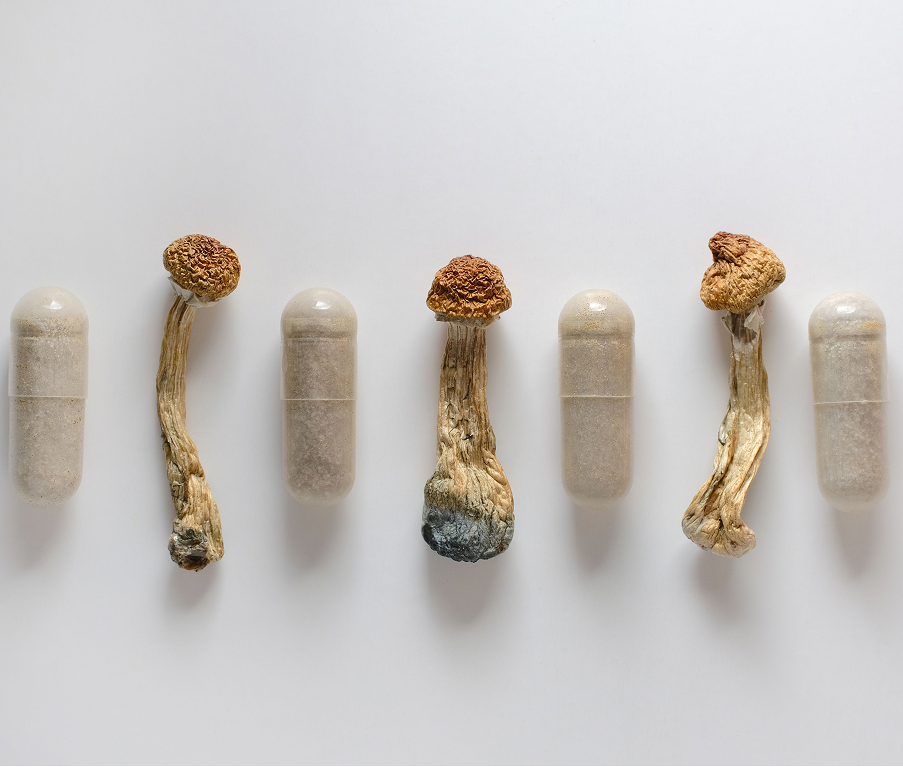
February 20, 2026
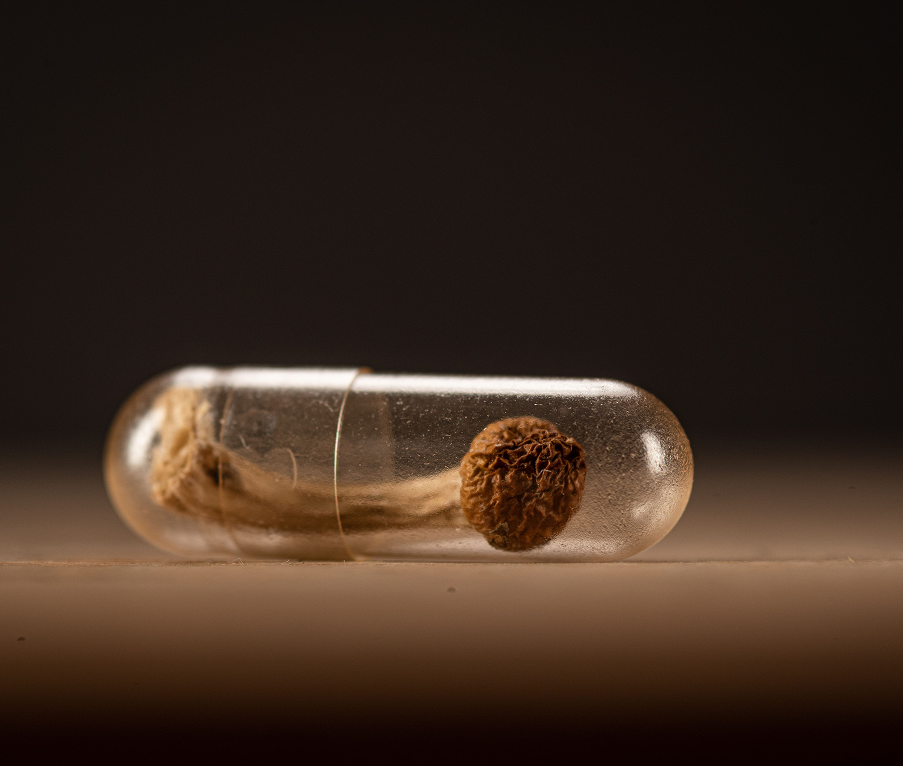
February 14, 2026

February 6, 2026

January 31, 2026

January 23, 2026

January 16, 2026

January 9, 2026










